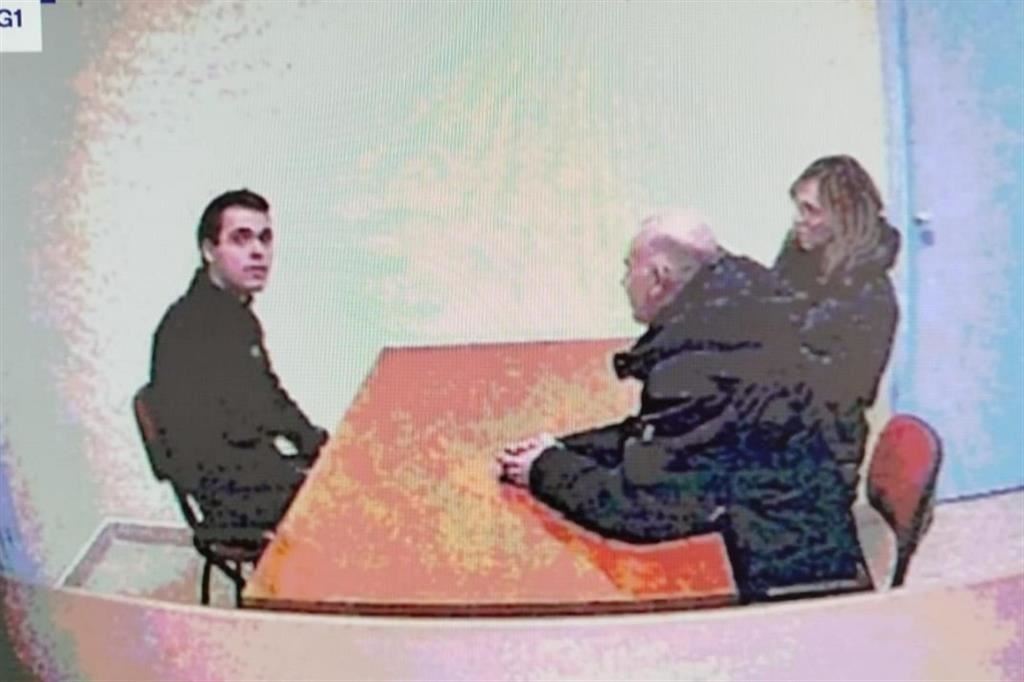Fathers are always brought up, either by excess or by default, especially in feminicides. In the former case finger pointing at patriarchy, in the latter, the more modern one i.e. fatherlessness, finger pointing at lack of moral education.
If children are not taught “No,” romantic and sexual relationships also suffer. Perhaps one thinks that the body and life of the Other is a property where rejection is not allowed. Rejection that can be paid for with death.
These patterns have not escaped one of the most controversial feminicides in recent times in Italy, that of Giulia Cecchettin. The victim’s father has become a kind of social and civil witness of pain and horror prevention; the perpetrator’s father, Filippo Turetta, filled the summer news with what he said in prison to his son, “you are not the only one, there are two hundred others in Italy.” Open heavens, pillorying, condemnation, normalization and trivialization of the crime, justification of the son, and you name it.
Criticism also fair except that those words were intercepted in prison in a delicate emotional context in which the father feared his son’s suicide. With due apologies, we repeat that those wiretaps should have remained private. They are criminally irrelevant and therefore not to be published
But where justice reform does not come, there comes the intelligence of the other father who says: you have to understand him and help that man. Call it pietas, exercise of forgiveness, all the things that make us breathe in our age of hatred, the fact remains that the solidarity of fathers not for power but for understanding is a cultural step forward. In an endless tragedy where everyone must take responsibility without fear.
The article The faults and frailties of fathers comes from TheNewyorker.

